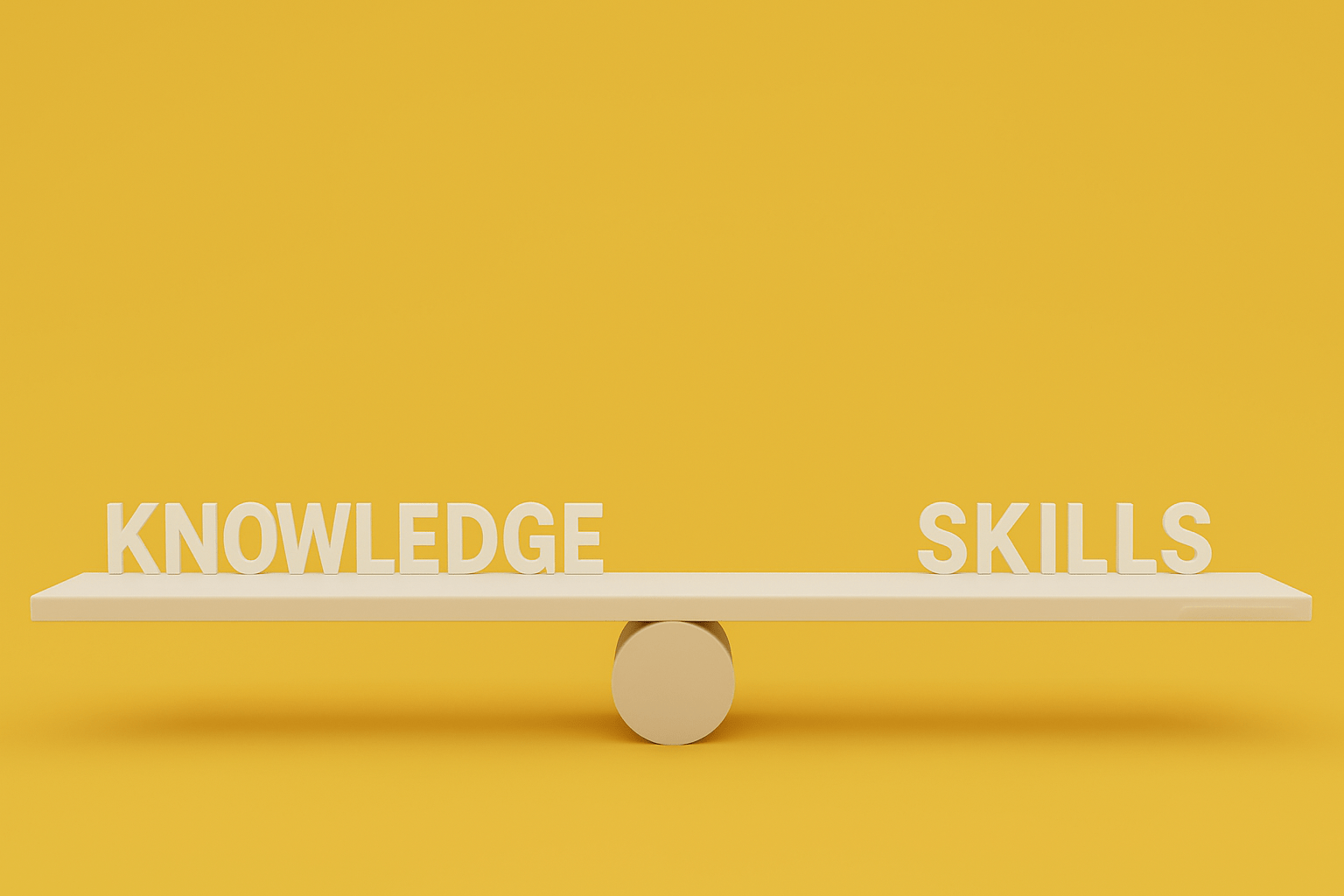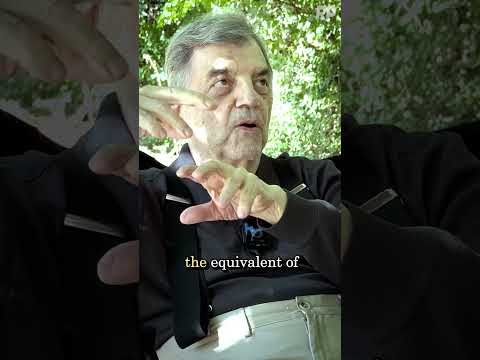On December 7, 2025, the U.S. Education Department announced a new initiative aimed at helping students make informed choices in higher education and maximize their potential for success. Starting now, students applying for federal financial aid may receive a FAFSA “lower earnings” warning for certain colleges and universities that fall below state or national salary benchmarks for high school graduates. Access to this crucial data point is designed to help students evaluate the return on their educational investment.
What Is the FAFSA Lower Earnings Warning?
The FAFSA “lower earnings” warning identifies colleges where median earnings four years after graduation fall below those of typical high school graduates, helping students assess potential ROI.
According to department data, nearly one-fourth of all higher-education institutions (1,365 colleges) currently fall into the “lower earnings” category. These new FAFSA warnings will overwhelmingly impact for-profit (88%) and non-degree granting (80%) institutions, so the short-term impact on traditional higher education is limited for now.
But the broader signal is unmistakable: federal policy and public expectations are moving squarely toward transparency, outcomes, and return on investment (ROI). Even if your institution is not directly affected, the cultural and regulatory shift redefines what students and families expect, and how institutions must communicate and deliver value.
How should you respond?
1. Invest in a Data-Driven Strategy for Student Success
This shift continues to validate the trend in national scrutiny on the value of higher education, calling for a continued emphasis on transparency about outcomes. A truly effective student success strategy requires comprehensive data that tracks the entire learner journey and post-graduation impact measured against internal and external benchmarks.
In a recent Carnegie blog, we shared a list of essential data elements to include when leveling up your data infrastructure for student success. In alignment with these metrics, institutions should prioritize a focused set of value-driven metrics:
- Undergraduate and program-level earnings
- Job placement and program alignment metrics
- Experiential learning access (e.g., internships, co-ops, research opportunities)
- Affordability and equity indicators (including net price, unmet need, and gaps in outcomes)
This kind of outcome-focused dataset is essential for real institutional improvement. It should be actively used to inform strategic functions across the college (e.g., curriculum development, early career engagement, academic advising, student employment, and leadership opportunities).
Without clear, outcome-focused and post-graduation earnings data, institutions lack the necessary insights to genuinely improve student success and cannot articulate their value or ROI to students, families, or the public with any confidence.
2. Proactively Articulate Your Value Proposition
Although this report shows that most college graduates do out-earn high-school graduates, that reality is no longer assumed by the public. Institutions must actively and clearly demonstrate the full short-term and long-term benefits their degrees provide.
If economic mobility and social responsibility are promises we make to prospective students and families, these promises should be measured and communicated as a means to re-recruiting your students throughout their journey. The task for four-year colleges is to effectively articulate their long-term ROI and full value proposition, which includes:
- Career Earnings and Economic Mobility: Explicitly linking their degrees to higher lifetime earning potential.
- Skills and Competencies: Highlighting the critical thinking, communication, and adaptability skills that drive long-term career success.
- Personal, Social, and Civic Outcomes: Highlighting the less-visible benefits of a holistic education, including confidence, belonging, wellbeing, leadership development, and community engagement.
In this newest Federal Student Aid report, the key data point under question is undergraduate earnings four years after graduation as reported on the College Scorecard (with adjustment for inflation). Reviewing your institution’s standing against state, national, and even comparison institutions’ benchmarks is an important starting point, but the real question is broader: Are you clearly communicating the full spectrum of outcomes your graduates achieve—not only economically, but in terms of skills, well-being, and long-term direction?
3. Implement a Holistic Plan for Student Success
As you gather data and more fully articulate your value proposition, it becomes essential to activate a corresponding plan and structure that supports student success. Many institutions may have retention efforts in place, but may lack a strategy that extends from matriculation to graduation and beyond.
Ongoing Process for Continuous Improvement: Student demographics and workforce needs constantly change, so the success strategy can’t be static.
- Holistic Definition of Student Success: Moving beyond simple retention or graduation rates to a more complete picture of student well-being and post-graduation readiness is essential. This expanded definition must include metrics that drive action. For example, if improving salaries at graduation is a priority, what experiences must be in place in year one, and how will you measure progress?
- Structure + Ownership: Establish a clear, accountable framework for your institutional student success strategy. This structure should ideally include designation of accountability for student success within a cabinet-level position, but should also include a thoughtful integration of key offices with responsibilities for essential student success metrics.
- Collaboration Across Essential Areas: True student success requires breaking down institutional silos. A cross-functional committee with delegated authority can provide an important opportunity for connection between what happens in the classroom (curricular) with everything else (co-curricular).
- Annual Action Plan: Commit to regular, institutional-level reviews (e.g., annually) of all success metrics to determine which initiatives should be scaled, revised, or retired. Key to the plan will be the use of leading indicators such as early academic performance, engagement, and experiential learning access to guide mid-course adjustments.
- Ongoing Process for Continuous Improvement: Student demographics and workforce needs constantly change, so the success strategy can’t be static.
Student Success Solutions We Offer
Carnegie collaborates with higher education institutions nationwide to enhance their student success and ROI strategies through a strong focus on data-driven decision-making. Our support is designed to produce measurable outcomes, with a core mission: to help you deliver on the promises you make to every student you serve.
Our Services Include:
- Student Success Assessment: Identifies structural gaps, opportunities, and strategic priorities across your advising, data systems, curriculum alignment, and career pathways.
- Career Ecosystem Blueprint: Provides decision-makers with a robust understanding of their current career outcomes, career services operations, including strengths, opportunities, and challenges, and builds a shared vision for embedded career engagement and employer relations as a critical function for institutional health.
- Strategy Session (1 Hour): A working session with Carnegie’s Student Success team to help leadership teams rapidly assess where they stand — and what steps to take next..
If you haven’t considered it yet, we invite you to the Carnegie Conference in January. This is a perfect opportunity for leaders who are ready to delve deeper into how their institution can create and execute a student success strategy centered on return on investment. Participants will have the chance to share best practices with colleagues and walk away with tangible, actionable solutions for immediate implementation.
Partner With Us
As national scrutiny of higher education continues to increase, articulating the long-term value of your degrees and prioritizing student success will enable you to demonstrate relevance, lead, and grow in this current environment. Carnegie is dedicated to helping your institution move forward.







